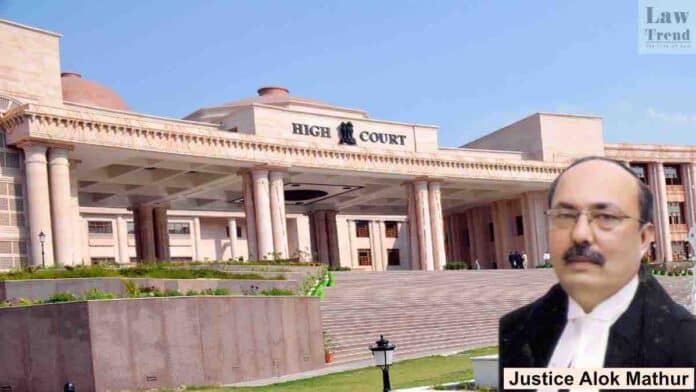In a significant judgment, the Allahabad High Court (Lucknow Bench) has ruled that the sanction required under Article 351-A of the Civil Services Regulations (CSR) for initiating departmental proceedings against a retired government employee can only be granted by the Governor and not by any other authority. The court quashed the charge sheet and departmental
To Read More Please Subscribe to VIP Membership for Unlimited Access to All the Articles, Download Available Copies of Judgments/Order, Acess to Central/State Bare Acts, Advertisement Free Content, Access to More than 4000 Legal Drafts( Readymade Editable Formats of Suits, Petitions, Writs, Legal Notices, Divorce Petitions, 138 Notices, Bail Applications etc.) in Hindi and English.




